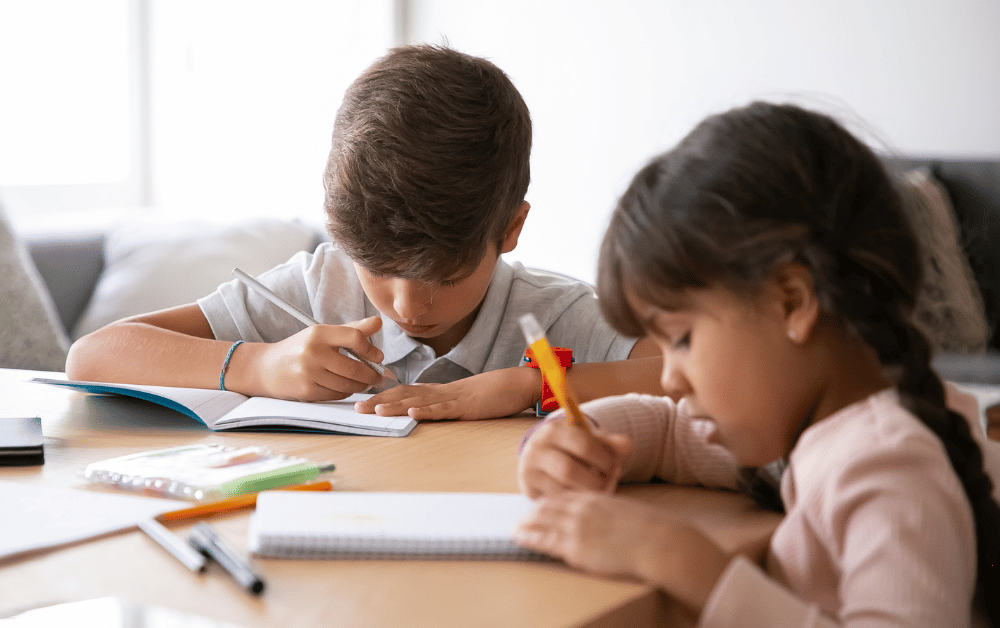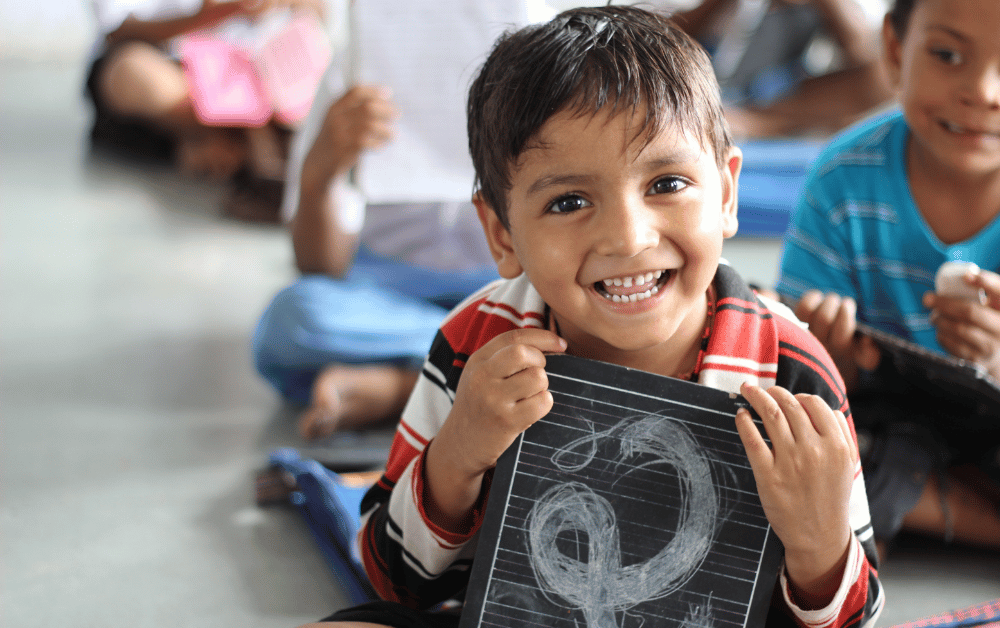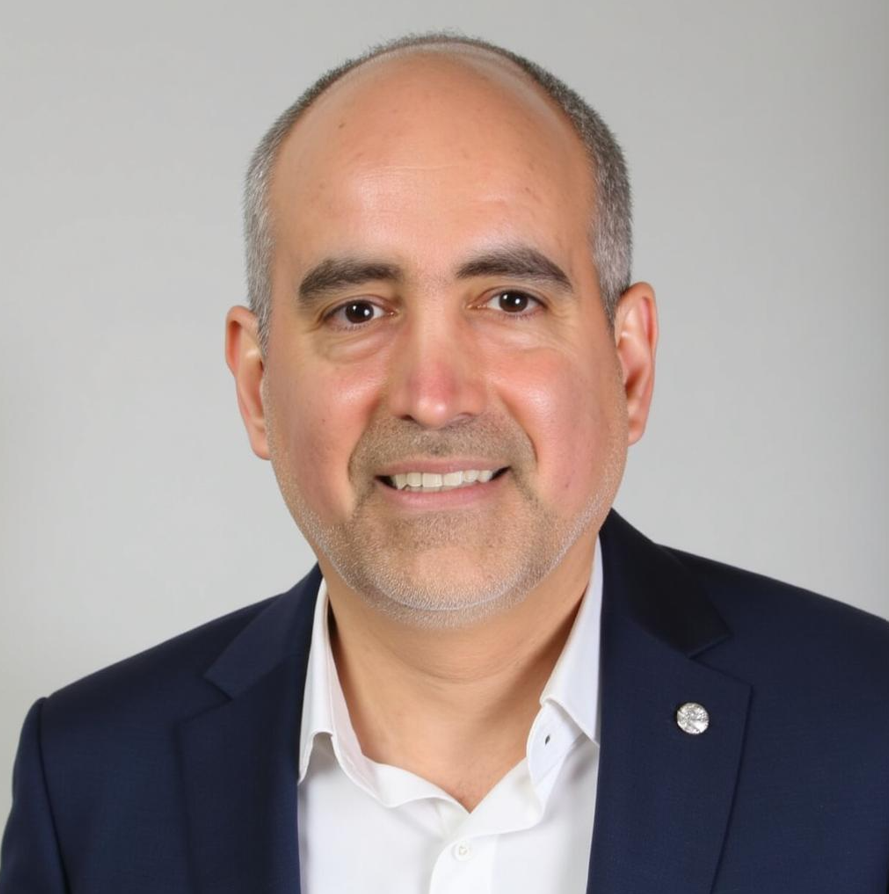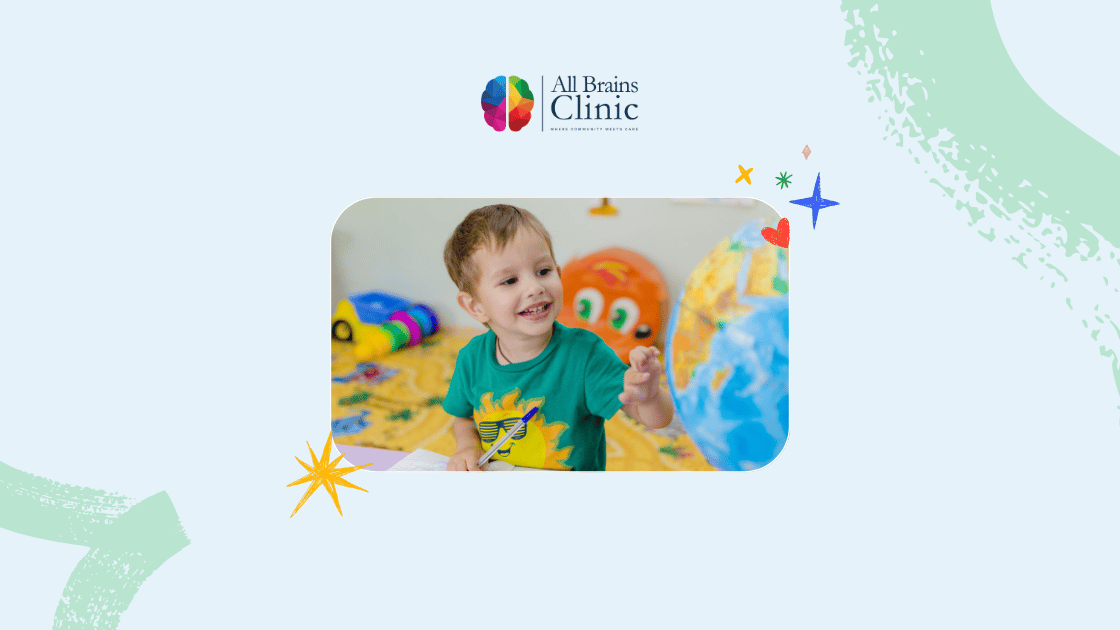Any child can face challenges in school, but you may start to worry if those problems don’t go away. Remember that it’s possible to find the reasons behind these challenges with a little help and research. A good starting point is getting a psychoeducational assessment. This comprehensive evaluation is designed to give you an overall picture of your child’s strengths and areas that need improvement.
Going through an evaluation might sound overwhelming at first, but don’t worry. In this guide, we tell you what to expect in a psychoeducational assessment in detail.

What is a Psychoeducational Assessment?
The aim of psychoeducational assessment is to understand a person’s cognitive strengths and learning needs. A series of tests and evaluations is done to help identify learning disabilities, developmental delays, or any other factor that negatively impacts your child’s performance at school. After careful observation and standardised tests, professionals can develop strategies and plans tailored specifically for your child’s educational journey. The goal is to provide children with a plan that is carefully personalised and is designed to bring out the best in them!

Key Components of a Psychoeducational Assessment
The assessment is made up of a number of essential components:
- Cognitive tests: Also referred to as intelligence (IQ) tests, they measure cognitive abilities like reasoning and memory
- Academic achievement tests: These tests evaluate academic performance in core school subjects
- Behavioural assessments: They observe and evaluate a child’s actions, reactions, and emotional responses in specific situations.
These are the main components of a learning disability assessment, or a psychoeducational assessment. When all these findings are combined, professionals are able to look more closely into your child’s unique learning profile and specific needs.

Timeline of Psychoeducational Testing and How Long It Takes
Once you decide to go through a psychoeducational assessment, you’ll have a few appointments to attend. If you’re curious about how long the assessment process takes, here’s a breakdown for you:
Your first appointment usually lasts about 60-90 minutes and is a chance for you, your child, and the professionals to meet together. The next two sessions are focused on testing and typically take around 3-4 hours. Finally, there’s the last meeting to go over the test results, which lasts about 50 minutes and happens about 5-6 weeks after the testing sessions. During this final appointment, you'll get a copy of the test results, along with the findings and recommendations, and everything will be discussed in detail.
Just keep in mind that while the timeline can vary a bit, support and help can start at any stage of the process!

School Psychologist vs Private Evaluation: What’s the Difference?
Before deciding whether you want to go with a school psychologist or get evaluated by private psychologists, it’s important to pause and ask yourself what goal you have in mind.
School evaluations help figure out if a student qualifies for special services. The Individuals with Disabilities Education Act (IDEA) mentions 13 different categories that allow students to receive special education supports. School psychologists carry out these evaluations, which the eligibility committee uses to see if the student fits the criteria for any of the special education options available. It's important to know that school evaluations don’t lead to formal diagnoses.
Private psychologists do the evaluations to decide if a student meets the diagnostic criteria from the Diagnostic and Statistical Manual of Mental Disorders, 5th Edition: DSM-5. A private psychologist might give a diagnosis for specific conditions like Attention-Deficit/Hyperactivity Disorder (ADHD), autism, or anxiety. Information from these private evaluations can be really helpful in figuring out if a student can receive special education services. However, keep in mind that just because a private evaluation is completed, it doesn’t automatically mean the student will qualify for those special services.

What Happens After a Psychoeducational Assessment?
Once the psychoeducational assessment process is complete, the psychologist goes through the results to gather a diagnostic report for the parents. This report includes an overview of your child’s areas of strength, limitations, as well as recommendations tailored specifically for them. You will also have a feedback session to discuss the results in depth with a professional.
Using this assessment report, your child can get additional support. One of the valuable resources you can access through All Brains Clinic is our student support service. It is a bridge between home and school, helping your child get the educational support they need. Understanding the nature of psychoeducational assessment, the aim, and its timeline will help you feel more confident about your journey ahead. No need to worry, because we are ready to help you every step of the way!
.png)
Taking the Next Steps with Confidence
Navigating the psychoeducational assessment process can feel scary at first, and it’s completely understandable to be worried. But knowing what to expect can really help ease some of that anxiety. By learning about the different components, such as IQ and achievement testing, and understanding the differences between school and private evaluations, you’re taking the first step toward making an informed decision for your child.
It’s important to remember that the only goal of this process is not just to identify learning difficulties your child may have, but also to celebrate their strengths and discover their potential. By giving you a broader perspective, a psychoeducational assessment helps you support your child in the way they need. Whether you’re just beginning to notice some signs or are already exploring your options, remember that every step you take brings you closer to a clearer path for your child. With the right information and guidance, you’re opening doors to meaningful and lasting support for their future!

Dr. Ali Eslami, Chief Editor
Dr. Ali Eslami is a child psychiatrist at BC Children’s Hospital and All Brains Clinic with a PhD from Brown University. With expertise in neurodevelopmental disorders, autism assessment, and AI research in mental health, he ensures every article meets the highest standards. His sharp editorial eye guarantees clarity, accuracy, and credibility in all our content.

.svg)


.svg)
.png)



.png)


.svg)








.svg)




